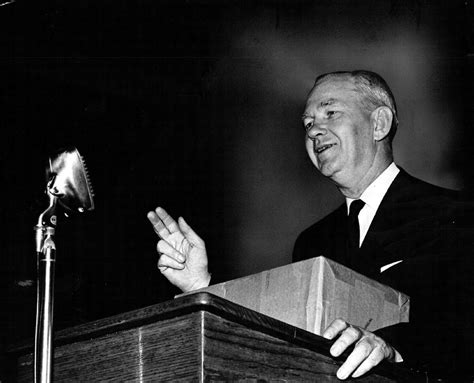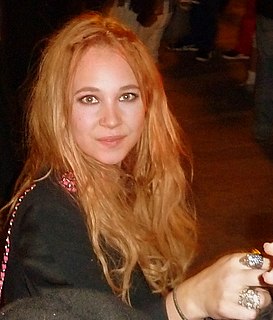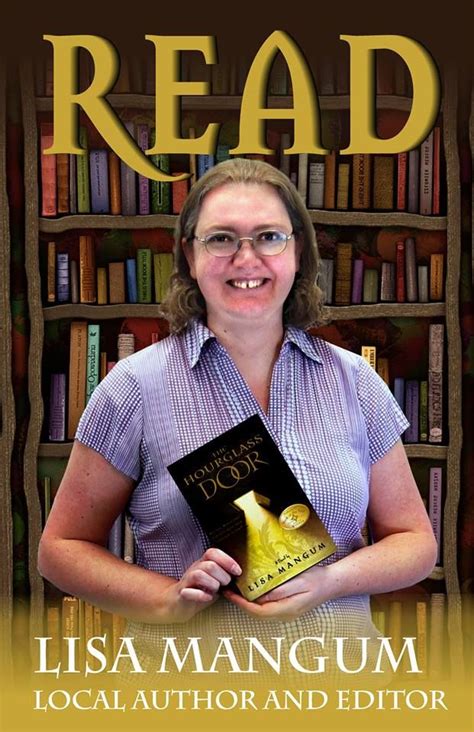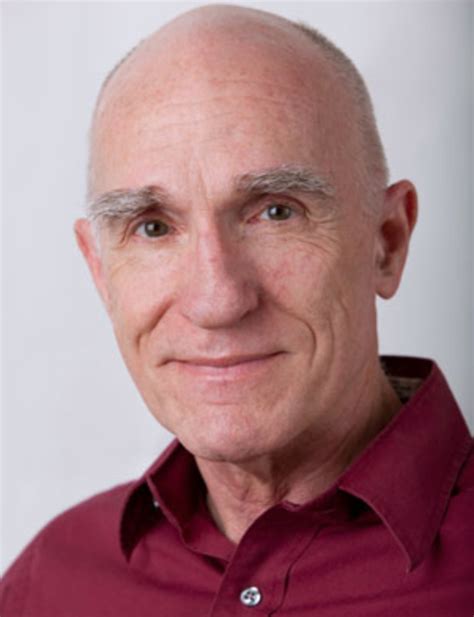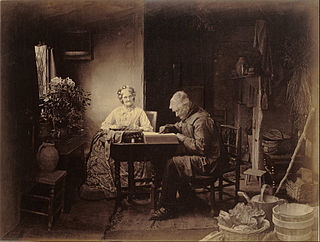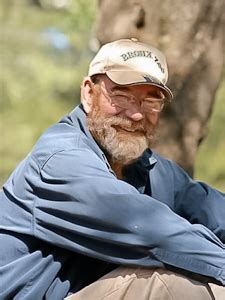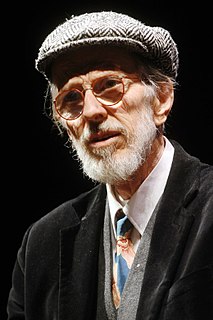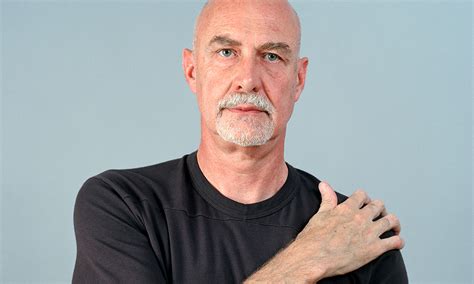A Quote by Jacob Bronowski
Nature is more subtle, more deeply intertwined and more strangely integrated than any of our pictures of her than any of our errors. It is not merely that our pictures are not full enough; each of our pictures in the end turns out to be so basically mistaken that the marvel is that it worked at all.
Related Quotes
Little wonder that we. . .find the old pictures of openness - pictures usually without any blur, and made by what seems a ritual of patience - wonderful. They restore to us knowledge of a place we seek but lose in the rush of our search. Though to enjoy even the pictures, much less the space itself, requires that we be still longer than is our custom.
The photographs of space taken by our astronauts have been published all over the place. But the eye is a much more dynamic mechanism than any camera or pictures. It's a more exciting view in person than looking at the photographs. Of course, I personally am sick and tired of hearing people talk like that: I want to see it myself!
I think fame and all that madness, people taking your pictures all the time, drives me insane. It's a catch 22...the more they take pictures of you, the more upset you get by it and the more crazy you look and the more pictures they take of you. I think it's disgusting what's happened with that kind of celebrity culture right now.
At our best and most fortunate we make pictures because of what stands before our camera, to honor what is greater and more interesting than we are. We never accomplish this perfectly, though in return we are given something perfect--a sense of inclusion. Our subject thus redefines us, and is part of the biography by which we want to be known.
I'm never more aware of the limitations of language than when I try to describe beauty. Language can create its own loveliness, of course, but it cannot deliver to us the radiance we apprehend in the world, any more than a photograph can capture the stunning swiftness of a hawk or the withering power of a supernova... All that pictures or words can do is gesture beyond themselves toward the fleeting glory that stirs our hearts. So I keep gesturing.
If any one faculty of our nature may be called more wonderful than the rest, I do think it is memory. There seems something more speakingly incomprehensible in the powers, the failures, the inequalities of memory, than in any other of our intelligences. The memory is sometimes so retentive, so serviceable, so obedient; at others, so bewildered and so weak; and at others again, so tyrannic, so beyond control! We are, to be sure, a miracle every way; but our powers of recollecting and of forgetting do seem peculiarly past finding out.
It is only by loving nature, and going to her for everything, that good work can be done; but then we must look to her for the materials for pictures, not for pictures themselves. It is nature filtered through the mind and fingers of the artist that produces art, and the quality of the pictures depends on the fineness of that filter.
In our own country, we have seen America pay a terrible price for any form of discrimination, and we have seen us grow stronger as we have steadily let more and more of our hatreds and our fears go. As we have given more and more of our people the chance to live their dreams. That is why the flame of our Statue of Liberty, like the Olympic flame carried all across America by thousands of citizen heroes will always burn brighter than the flames that burn our churches, our synagogues, our mosques.
We're being asked to continually be "authentic" and "honest" with the world through social media. There's a demand to post our wedding pictures, baby pictures (only minutes after the birth), our relationship status, and our grief and joys on Facebook and Instagram. Similarly, we construct persona through dating apps and networking sites. All of these social media networks exert pressure on us to share the personal details of our lives with unknown masses. So the pressure on the characters in "Openness" isn't merely romantic, but public/social as well.
Why do we so mindlessly abuse our planet, our only home? The answer to that lies in each of us. Therefore, we will strive to bring about understanding that we are--each one of us--responsible for more than just ourselves, our family, our football team, our country, or our own kind; that there is more to life than just these things. That each one of us must also bring the natural world back into its proper place in our lives, and realize that doing so is not some lofty ideal but a vital part of our personal survival.
To an ever greater extent out experience is governed by pictures, pictures in newspapers and magazines, on television and in the cinema. Next to these pictures firsthand experience begins to retreat, to seem more and more trivial. While it once seemed that pictures had the function of interpreting reality, it now seems they have usurped it. It therefore becomes imperative to understand the picture itself, not in order to uncover a lost reality, but to determine how a picture becomes a signifying structure of its own accord.




